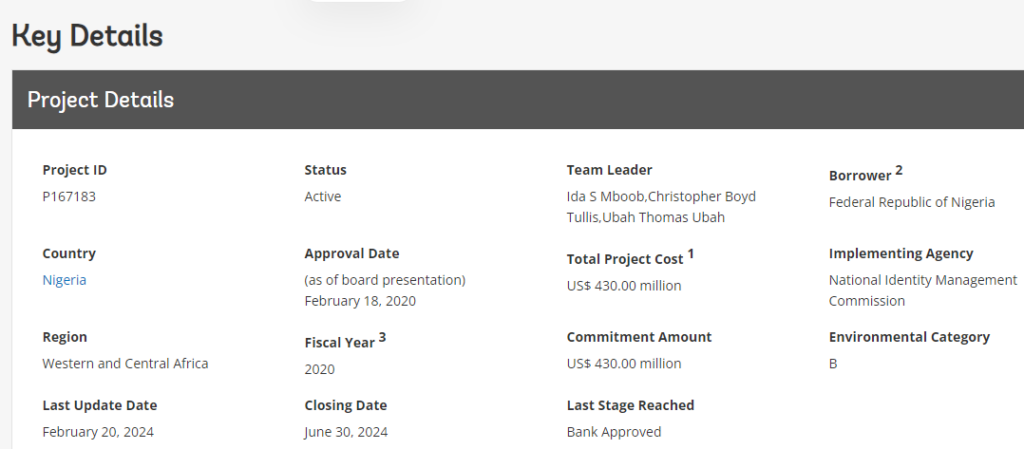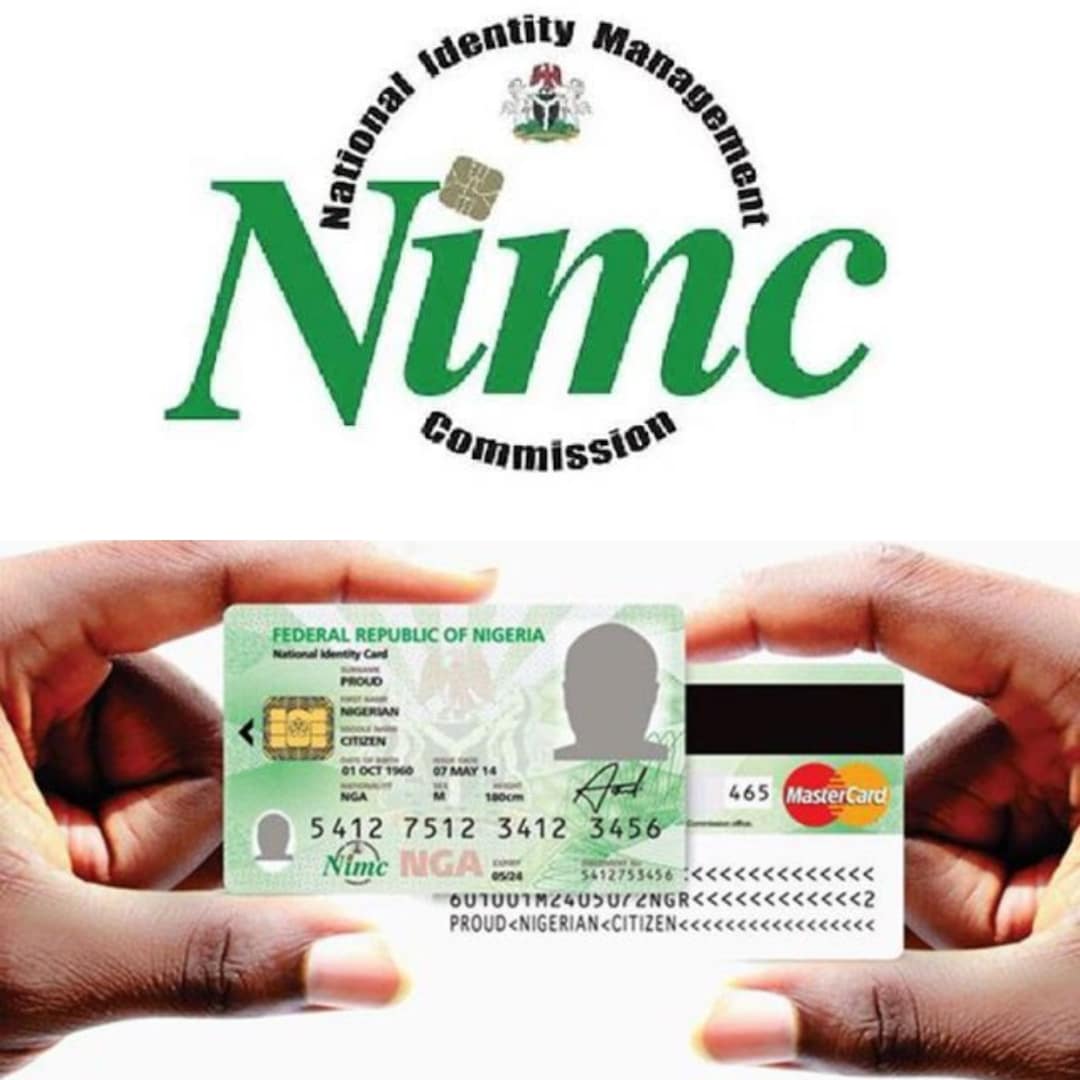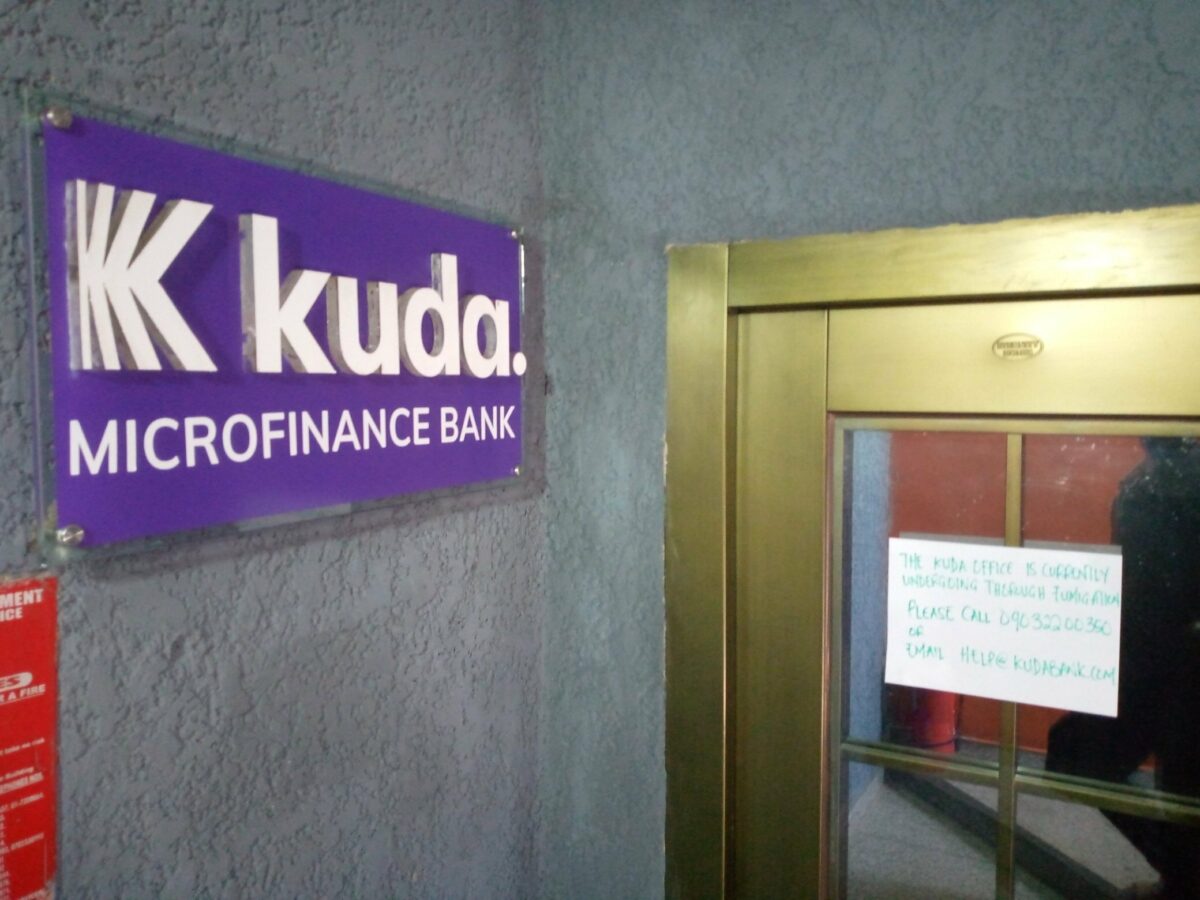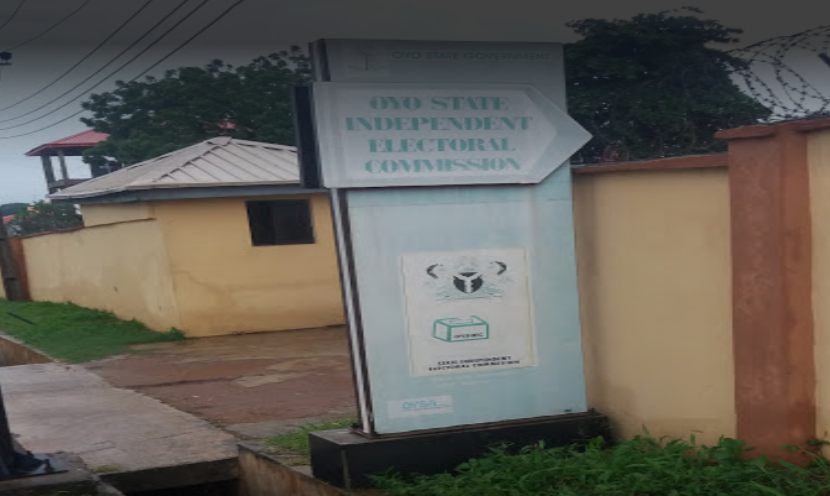Nigeria has pumped at least $630 million into its leaking National Information Management System since 2011, FIJ has learned. FIJ reports recently revealed significant integrity flaws in the national database, despite the heavy monetary investment.
Nigeria began to implement the idea of an electronic identity card under President Goodluck Jonathan. In September 2011, the federal government approved N30.66 billion for the NIMC to provide electronic IDs to all Nigerians over the age of 18. Considering the naira-dollar exchange rate at the time, the sum was about $197.85 million.
In 2012, the National Identification Number (NIN) and the NIMC Verification System (NVS) were introduced as the basis for digital identity management in Nigeria. Three years down the line, the federal government issued an order that made NIN mandatory for all Nigerians.
In the same year, the World Bank Digital Development Team performed a diagnosis of the Nigerian identity management infrastructure. In the report, the World Bank recommended that Nigeria unify its databases, upgrade its identity management technologies and create more policies that would encourage more people to register.
To that effect, the World Bank, in conjunction with Agence Française de Développement (AFD) and the European Union, released a $433 million grant to Nigeria in 2019 to enhance its identity management systems.
Apart from the main objective of increasing the number of persons with a national identification number, the grant was also meant to reinforce the NIMS, privacy and security and create and strengthen the authentication services.

According to the conditions of this grant, at least 148 million Nigerians must be registered by June 2024. As of December 2023, Nigeria had only registered 104 million people. With these figures, Nigeria may still reach its target to register 148 million people.
However, access by unlicensed agents like Xpressverify (as revealed by FIJ) to registered citizens’ data suggests that Nigeria is behind in its objective to tighten data security and ensure the privacy of personal information.
In 2001, the Department of National Civic Registration (DNCR), the Nigerian parastatal charged with national identity management, contracted a private firm to create the National Identity Database for about $236.8 million.
READ MORE: After FIJ’s Story, Namecheap Suspends Private Website Selling Nigerians’ NIN, Other Data
The project was, however, shut down in 2006 due to allegations of corruption and impropriety.
Subscribe
Be the first to receive special investigative reports and features in your inbox.















